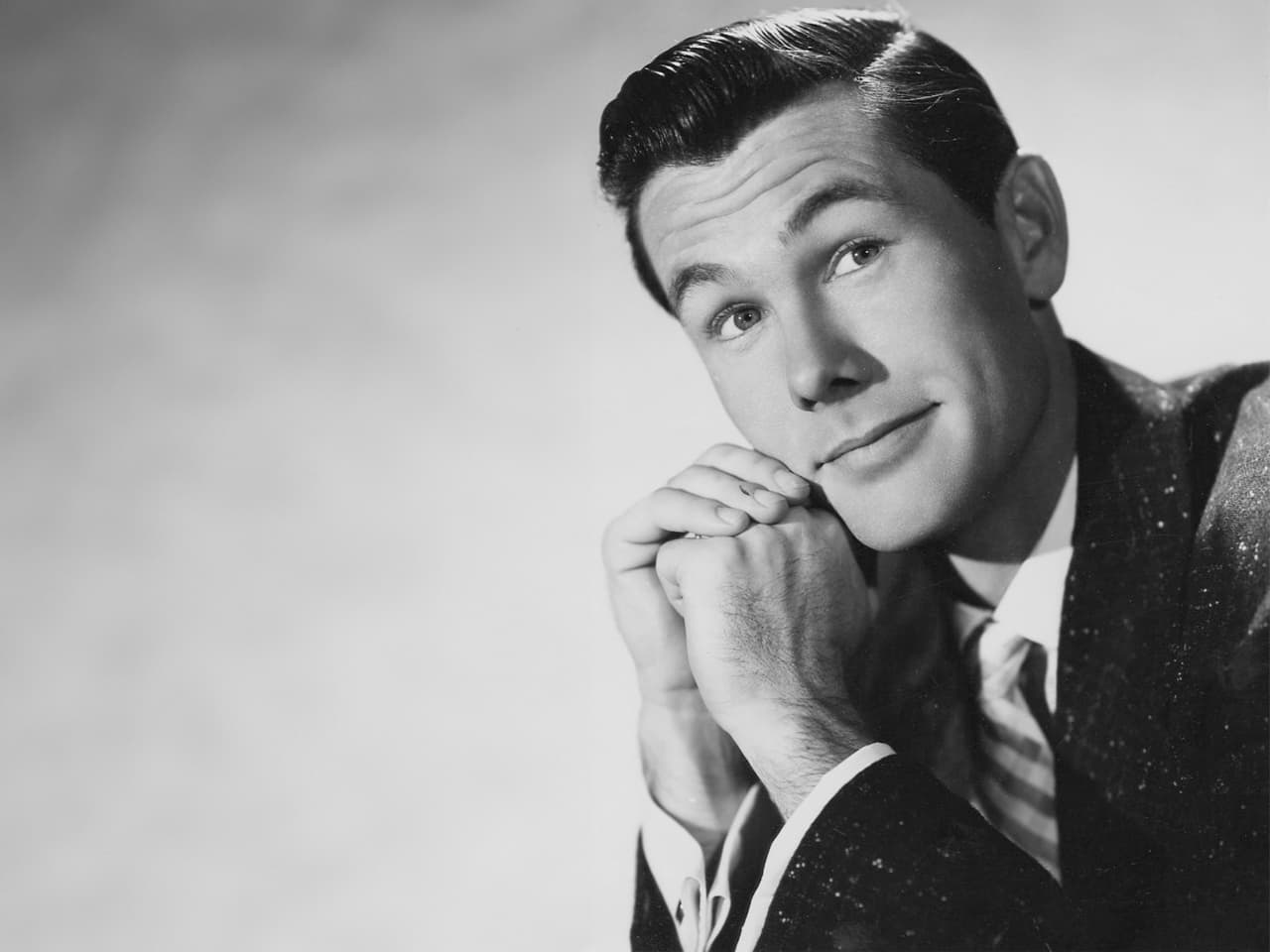Johnny Carson ’49

Among the remarkable alumni of the University of Nebraska, no star has shone brighter, for longer, than that of the King of Late Night, Johnny Carson ’49. Carson’s Tonight Show was, not to exaggerate, the touchstone of American culture for decades.
The show, known to most Americans of the era simply as “Johnny Carson,” dominated late-night television for the entirety of his run, from 1962-1992. Across that 30-year span, it was recognized with six Emmy Awards, a Peabody Award and a Golden Globe, and led to Carson’s receipt in 1992 of the Presidential Medal of Freedom, and in 1993 of the Kennedy Center Honors Lifetime Achievement Award.
How big was Carson in the nation’s firmament? The comedian and actor Steve Martin remembers him as “certainly the most recognizable person in the United States” in his time.
His quick wit was legendary, and truly the wellspring of his success, set upon a foundation of a lifelong learner’s access to science and culture. Over his career, he was as likely to reference Shakespeare or Carl Sagan as he was to sprinkle in a bit of Groucho Marx. During an audience Q&A segment on The Tonight Show in the 1970s, Carson was asked by an audience member “what made you a star?” In perfect rhythm, Carson deadpanned “I started out in a gaseous state, and then I cooled.”
After growing up in Norfolk and graduating from high school there in 1943, at the height of the Second World War, Carson enlisted in the Navy. As a commissioned officer at the rank of Ensign, he was aboard the battleship USS Pennsylvania in the Pacific when the armistice was signed. While Carson did not fight in war, he did fight on board. On the ship, the wiry Carson developed an interest in boxing, compiling an impressive amateur record of 10–0. It seems he could, even at that age, succeed at nearly everything he set his mind to.
He came to Lincoln in the fall of 1946 to study radio and speech, with a minor in physics. Carson’s first role on television came in his junior year, in a broadcast on Omaha’s WOW-TV from a studio in the basement of Nebraska’s Temple Building. The role? That of a milkman in a documentary, “The Story of Undulant Fever,” about the perils of unpasteurized milk. As his senior thesis, Carson produced a 45-minute recording, “How to Write Comedy for Radio,” which examined an approach to comedy and timing that would play out for the following 45 years of his career. Despite the humble beginning, WOW would hire him for radio and TV after his graduation, where he created a free-form morning variety show he called The Squirrel’s Nest.
After moving to Los Angeles in 1951, he was soon working in similar roles, expanding on the ideas he developed in Omaha, on a show called Carson’s Cellar aired on LA’s CBS affiliate. In 1957 came his big break, as host of the ABC network game show Who Do You Trust? Here, he gained a national audience for his spontaneous and quick comedic talent. A few years later, his success on the game show had gained the attention of network brass at NBC, who recruited him to succeed TV pioneer Jack Paar on The Tonight Show.
The Tonight Show Starring Johnny Carson debuted on October 1, 1962. To say he made television history on that stage is to only hint at his fame and impact. Books have been written on that subject. Suffice to note here that such was the nature of Carson’s power that his last show, on May 22, 1992, was watched live by more than 50 million Americans; it remains the most watched late-night TV show in US history. Summing up his remarkable run on that final show, Carson said “I am one of the lucky people in the world. I found something I always wanted to do, and I have enjoyed every single minute of it.”
By the end of his Tonight Show run, the idea of Johnny Carson, the man, was inseparable from the idea of American culture.
All through the years, Carson was a Husker at heart, referencing Nebraska frequently enough that practically everyone who knew of Johnny Carson — and that was practically everyone — would have placed “Nebraskan” prominently in his biographical sketch. As the accolades came to him in the form of a Presidential Medal of Freedom and a Kennedy Center Honors Lifetime Achievement Award, his alma mater was never far from his heart. A video of Carson, during the ceremony for his Kennedy Center award in 1993, testifies to a long and heartfelt association. In it, you can read the depth of sentiment on his face as the Cornhusker Marching Band, the Pride of All Nebraska, bursts into the auditorium, playing “There is No Place Like Nebraska.”
Over many years, and continuing today through his foundation, Carson expressed his feeling for the university in the form of gifts: a named theater and film school and a black box theater for smaller productions, and a cutting-edge media arts program housed at the Johnny Carson Center for Emerging Media Arts. His support for individual Nebraska students continues through an endowed scholarship fund.
Toward the end of his life, Carson reflected on his long association with the university: “I got my start in the Temple Building and have never forgotten the impact of my academic studies at the University of Nebraska on my life and career.”
Heeeere’s Johnny!
- Senior Thesis, “How to Write Comedy for Radio”
- The Squirrel’s Nest “Christmas Special”
- Emmy Awards Tribute (2005)
- Kennedy Center Honors (1993)
- American Masters “Johnny Carson: The King of Late Night”